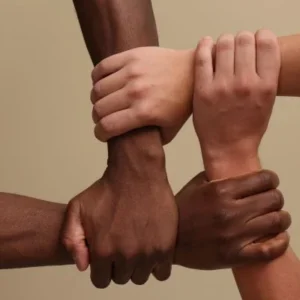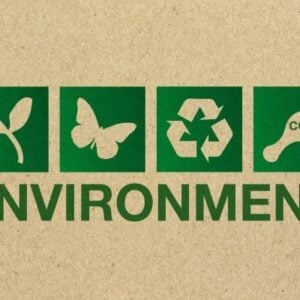The United States has imposed sanctions on three prominent Palestinian human rights organizations: Al-Haq, Al-Mezan Center for Human Rights, and the Palestinian Centre for Human Rights. The sanctions, enacted under Executive Order 14203, target these groups for their cooperation with the International Criminal Court (ICC) in its investigations into alleged Israeli war crimes. This move has drawn sharp criticism from international bodies and human rights advocates, who view it as an attempt to undermine accountability for violations of international law.
Key Takeaways
- The U.S. has sanctioned Al-Haq, Al-Mezan, and the Palestinian Centre for Human Rights for cooperating with the ICC.
- These organizations have been instrumental in documenting alleged Israeli human rights violations.
- The UN Human Rights Chief has called the sanctions "unacceptable" and urged their withdrawal.
- Critics argue the sanctions aim to shield Israel from accountability and have a chilling effect on human rights work globally.
US Justification and International Response
U.S. Secretary of State Marc Rubio stated that the sanctioned entities "have directly engaged in efforts by the International Criminal Court (ICC) to investigate, arrest, detain, or prosecute Israeli nationals, without Israel’s consent." He further vowed to continue imposing "significant and tangible consequences" on such efforts. This action follows a broader pattern by the Trump administration to penalize critics of Israel, including sanctions on ICC judges and UN officials.
However, the sanctions have been met with widespread condemnation. UN Human Rights Chief Volker Turk described the move as "unacceptable" and urged the U.S. government to withdraw them immediately. He emphasized that these NGOs have performed "vital human rights work, particularly on accountability for human rights violations" for decades. Turk warned that such actions embolden impunity and create a climate conducive to further international crimes, directly contradicting the values the U.S. has historically promoted.
Impact on Human Rights Advocacy
Human rights organizations, including the American Friends Service Committee (AFSC), have strongly condemned the U.S. sanctions. The AFSC stated that these sanctions are "yet another attempt by the Trump administration to punish Palestinians for seeking accountability for violations of their rights, even as they face a genocide in Gaza." They highlighted that these organizations provide essential research and documentation relied upon by the international community to monitor Israeli violations against Palestinians.
The sanctions are seen as an attack on the ICC and an effort to undermine international law. Critics argue that while the U.S. government targets those opposing alleged genocide and apartheid in Palestine, it continues its complicity through substantial military aid to Israel and by blocking accountability efforts. The move also coincides with Israel’s own crackdown on civil society in the occupied Palestinian territory.
Broader Context of US Policy
The sanctions are part of a larger policy framework that includes legislative actions and diplomatic efforts. Bipartisan bills have been introduced concerning sanctions on foreign officials and reforms to arms sales. The U.S. administration has also expressed strong opposition to any unilateral recognition of a Palestinian state and has been critical of divestment decisions by international funds concerning Israeli companies.
Sources
- Washington targets Palestinian human rights NGOs cooperating with the ICC, Le Monde.fr.
- UN rights chief urges US to withdraw sanctions on Palestinian NGOs | Human Rights News, Al Jazeera.
- Washington Policy Weekly: US Sanctions Three Palestinian Rights Groups, Arab Center Washington DC.
- AFSC condemns U.S. sanctions on Palestinian human rights organizations, American Friends Service Committee.







